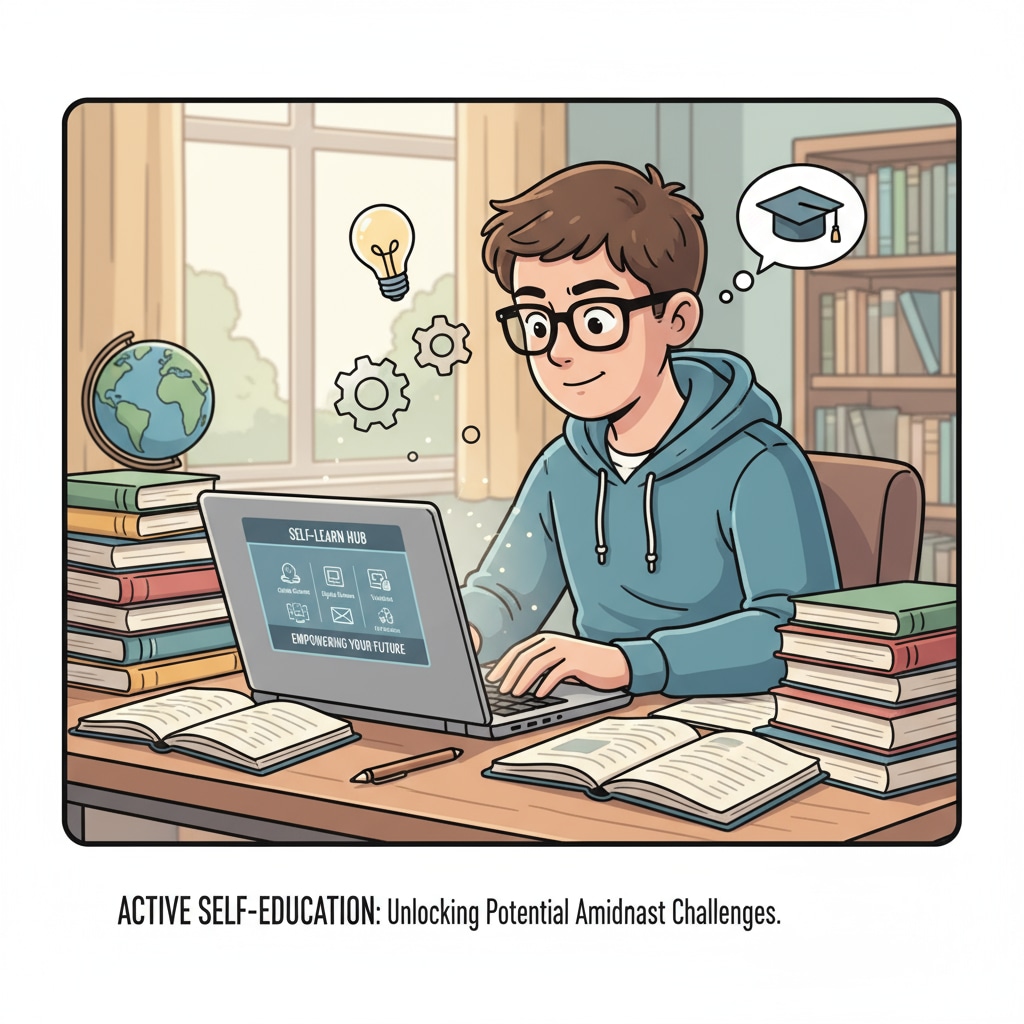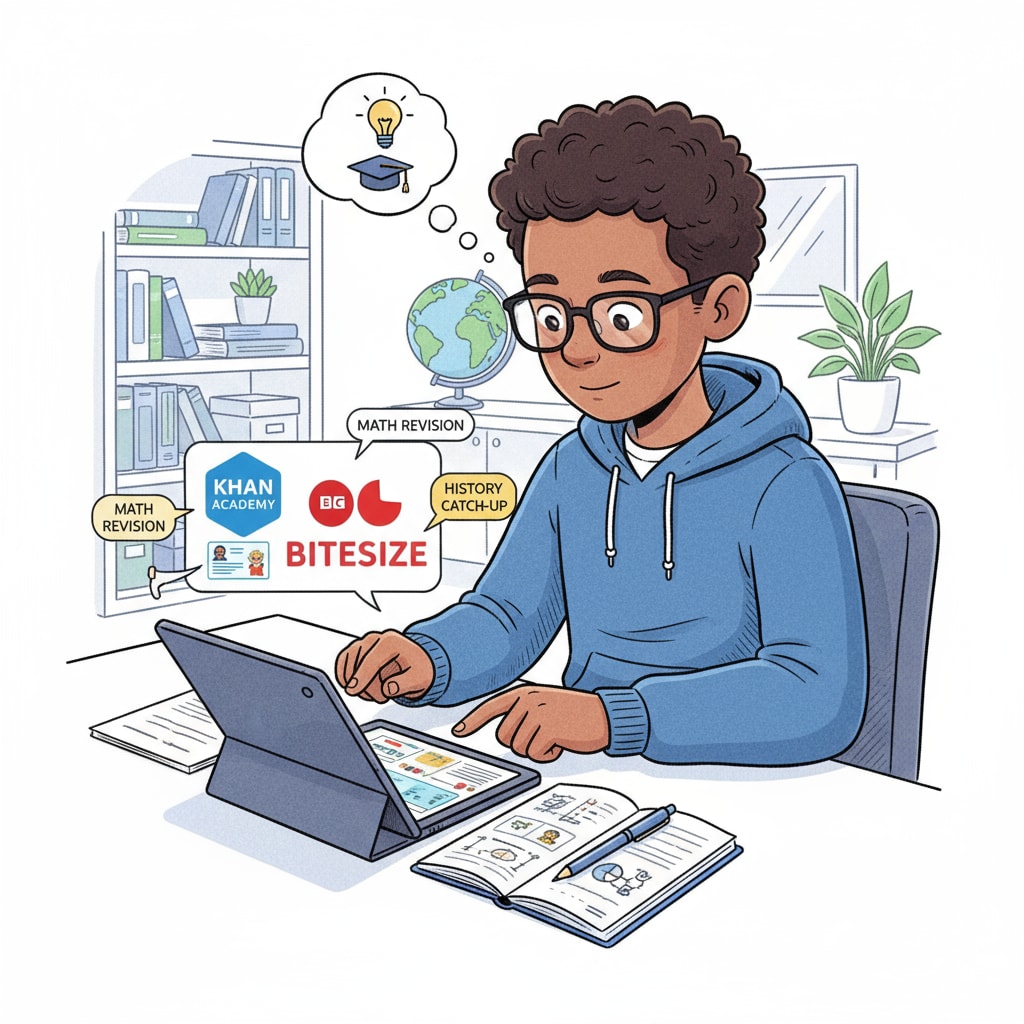In the realm of education, situations where educational neglect occurs can be disheartening. However, with the right self-learning resources and a solid plan for GCSE preparation, students can still strive for academic success. Let’s delve into how one can overcome educational gaps through effective self-learning.

Identifying Learning Gaps
The first step in the journey of self-learning to catch up on academic progress is to identify the learning gaps. This involves a thorough assessment of what has been missed. For example, if you’ve missed out on certain math concepts due to lack of family educational support, you need to pinpoint those exact areas. You can start by looking at the GCSE syllabus. GCSE Syllabus on UK Government Website provides a detailed outline of what should be covered in each subject. By comparing your current knowledge with the syllabus requirements, you can clearly see where the gaps lie.
Harnessing Free Self-Learning Resources
There is a wealth of free self-learning resources available for students aiming to fill educational gaps and prepare for GCSEs. Online platforms like Khan Academy offer comprehensive courses in various subjects. Their video lessons are easy to follow and cover a wide range of topics. Khan Academy is a great place to start. Additionally, BBC Bitesize provides engaging study materials tailored for GCSE students. These resources can be accessed from the comfort of your home and are designed to make learning fun and effective.

Another valuable resource is the local library. Libraries often have textbooks, study guides, and even past GCSE papers that you can borrow for free. They are a treasure trove of information that can supplement your online learning efforts.
As you continue on this self-learning journey, it’s important to create a study schedule. Set aside dedicated time each day for studying different subjects. This consistency will help you make steady progress. For instance, you could allocate two hours in the evening for math and English on weekdays. By following a schedule, you’ll be more organized and focused in your studies.
When preparing for GCSE exams, past papers are an invaluable tool. They give you an idea of the exam format, the types of questions asked, and the level of difficulty. You can find past papers on the official exam board websites. Practice answering these questions under timed conditions to improve your speed and accuracy. Analyze your mistakes to understand where you need to focus more attention.
Readability guidance: By breaking down the process of self-learning into manageable steps like identifying gaps and using available resources, students can effectively overcome educational neglect. Utilize lists and short paragraphs to enhance clarity, and make sure to incorporate transitional words to improve the flow of the article.


